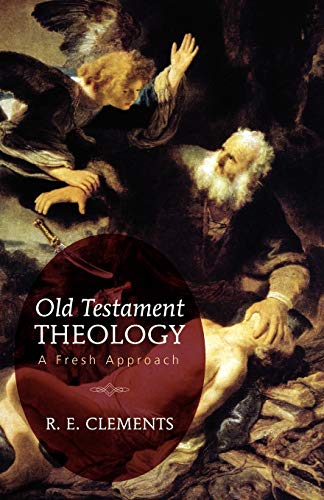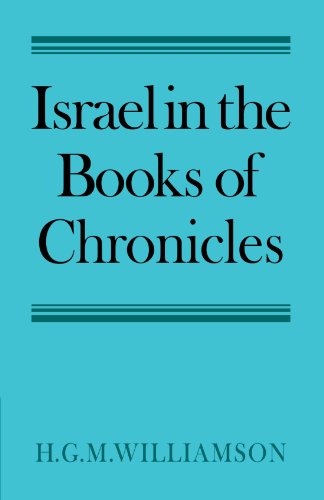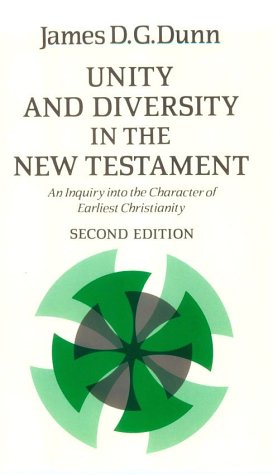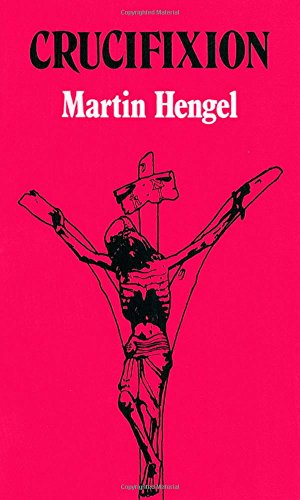Volume 5 - Issue 1
Editorial
By Robert NorrisPerhaps the most annoying and telling invective that is levelled against evangelical theological students, and evangelical theologians is that they are afraid to think. It is argued that because they always find themselves committed to defending the Bible they can add nothing positive to theological study today.
There is a sense in which these critics are right. For we are committed to the scriptures, to understanding them, interpreting them, and working out how the principles that are taught must affect the way we think and act. However only the blind or ignorant could deny the constructive and corrective influence of evangelical biblical scholarship over the last decades. Much theorising and destructive criticism has been exposed as being deficient in scholarly content and superficial in its results. However on hearing this our detractors immediately accuse us of being simply technicians of the scriptures without the necessary freedom of thought to walk new pathways. They point at our dogmatic statements and argue that all we are capable of doing is repeating, without change of language, the words and thoughts of the seventeenth century. Perhaps the lack of evangelical dogmaticians or systematicians would seem to offer some sort of evidence for this thesis. And indeed there are many who are simply gramophone records of a John Calvin or a John Owen; but to admit their existence is not to condone their activity! Simply to restate in the language of another age the truths of scripture is not effectively to take up our responsibilities. For to us is entrusted the task of restating in a way that is intelligible to our contemporaries the truth of the gospel as God has revealed it to us in the scriptures.
So convincing is some of the invective that some evangelicals have found that their confidence is sapped, and they are no longer confident about their task, and as they lose the sense of the challenge of engaging in Theology so they surrender the task to those who have not the same faithfulness to the scriptures. If we are told long enough that we do not, and are not capable of, producing positive theology, then we do not and will not. (That may seem a badly constructed phrase but what it struggles to warn against is the self fulfilling prophecy of our critics.) If we do not take up the challenge of producing a positive theology with a spirit of humility and a devotedness to scripture, then the theological task is failed in us.
Neither the option simply to reiterate the words of the past, nor the option to surrender the discipline, or depart from the scriptures is open to us, if we are to take seriously our task as ‘teachers’ within the church. Our first article deals with this whole problem and offers a real challenge to our thinking, and provides a direction for our investigations. It is written by a leading scholar and theologian who has faced this issue, and deals with it in clear and sympathetic terms. He offers hope as well as advice based upon experience.
Our second article is reprinted from the Journal of the Evangelical Theological Society and researches the question ‘was the tomb empty?’ and its impact upon our apologetical approach. In it Professor Stein reassesses the evidence of the empty tomb for the resurrection, and deals with alternative options in a way that demonstrates scholarly fairness and finds himself compelled by the logic of the evidence afforded to affirm the doctrine of the resurrection.
In our third article R. R. Cook examines the ‘Psychology of the Incarnation’. He does this by carefully examining the approaches to the question that have been offered by writers, he reflects upon the necessary elements that must be retained, and offers guidelines for further searchers. It is a stimulating and inquisitive contribution into an area that has gained added significance in the present theological climate with its questioning of traditional Christological thinking and its call for rethinking.
In our fourth article we have a reappraisal of the whole ‘process theology’ that has come out of America, and been espoused by some thinkers in Britain. Not only is the background to the present state of thinking clearly stated, but also the main exponents of the system are clearly expounded and their positions critically examined. This is an excellent introduction to a perplexing subject, and provides a clear way through the overwhelming morass of literature that has accumulated.
Each year Themelios undertakes to provide a review of the vast amount of journal literature that is written and which probably never comes to our attention. In each of the five major disciplines the associate editors have selected articles which have particular significance. Perhaps no single aspect of the ministry of the journal is more appreciated than this one. For we are all aware that far more is written than we can ever hope to read, and there is much that we read that we could have done without. To have trusted scholars to do the sifting is always a relief.
Again in this issue we have attempted to provide some stimulus for all our readers, with challenge, resource and help being offered through our pages. Yet we cannot ever forget that the challenge of theology is not simply an intellectual one. For we are not spectators of an academic discipline, we are and must be participants. For we are engaged in articulating our faith in a way that will be true to the revelation of God and clear and compelling to our contemporaries. As such theology is an activity of faith and the same requirements are demanded. To listen quietly to God, prayerfully to sustain a living relationship with Him, actively to follow out our obedience in hard work. These are all demanded of us if we are to learn to think biblically and to defend the truth.
When Jesus prayed for his disciples in every age ‘that they may be sanctified in the truth’ then he outlined the specific requirement for theologs. There is no easy way that is honest before God, to engage in our task. But perhaps we need to recall afresh that what we are dealing with is the truth of the Living God. This is both a privilege and a heavy responsibility, which can be undertaken only with the company of the Holy Spirit.
Robert Norris
Robert Norris holds a BA degree from Kings College in London and dual doctorates in history and dogmatics from the University of St. Andrews in Scotland. He serves as pastor of Fourth Presbyterian Church in Bethesda, Maryland and has taught at Washington DC’s Reformed Theological Seminary, and in seminaries in Ukraine, Malta, Japan, and Sudan. He and his wife, Caren, have five children.






